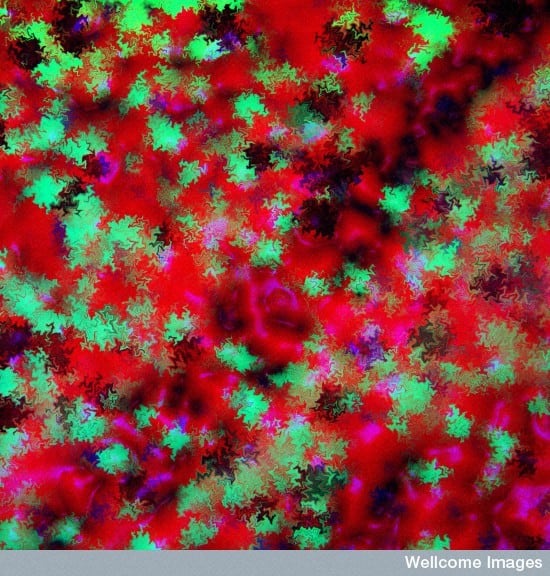
You may have heard of the terms ‘friendly bacteria’ and ‘probiotics,’ but how important are they and do they really affect our health? Nisha Patel, a Pharmacist and mum of two girls explains it all…
***
There are two things I love about being a pharmacist. The first is working with the general public and the second is problem solving. The thing I enjoy about working with the public is everyone is different and interesting in their own way. I enjoy connecting with people and helping them feel better, whether it’s through helping treat them or just having a little chat and working out what could be the cause of the issue. This brings me onto my second point which is problem solving. As everyone is different, people can suffer from different symptoms and the cause of their issue could vary. That’s why it’s important to work together; health practitioner and patient, to figure out what’s going on and again, working together to solve it.
Co-owning a natural health website and working in a community hospital on Sundays, I see a varying range of conditions. Many of them, including ones that can be treated over the counter like constipation, IBS, colds and flus and skin conditions like eczema, working out the cause of the issue can take time. Of course there are quick fixes available to provide temporary relief but working out why these issues are happening and treating the route cause is more important.
One thing that has really come to light in the past decade is how important certain teeny tiny microbes are in the functioning of the human body. It may surprise some to learn that these friends of humans are bacteria. The body is made of a host of bacteria. The good, bad and the ugly.
Interestingly, according to the national institute of health, it was found that nearly everyone routinely carries pathogens (disease causing microorganisms). In healthy individuals, however, these pathogens don’t cause disease. They co-exist harmoniously in the person with the rest of all the other bacteria. Researchers are trying to figure out why some pathogens turn nasty and under what conditions. This fascinating research tells me staying healthy is the key hence it’s really important to take care of ourselves and do all the common sense things like eating well, drinking lots of water, keeping the body fit, well, rested and most importantly to be happy, keeping the body at optimal functioning levels and keeping those pathogens living harmoniously with the good guys.
A bit about good bacteria and their benefits:
The body is a universe of bacteria. It may surprise many to learn that there is approximately 500 to 1000 species of bacteria which live in the human gut alone and there is understood to be a least 10 times as many bacteria as human cells in the body. I could go on with the crazy bacteria facts like bacteria make up 3lbs of our weight which is the same as our brain, but I’ll stop now.
So how are these bacteria good? Well a healthy balance of friendly bacteria in the intestines allows for the following;
- Provides enzymes required in the digestion of certain substances as humans don’t have all enzymes needed to digest food breaking down proteins, lipids and carbohydrates in our diet into nutrients that we can absorb.
- Produce certain vitamins like B complex vitamin and vitamin K.
- Produce beneficial compounds like anti-inflammatories (compounds that reduce swelling as a result of the immune system’s response to disease) that our genome cannot produce.
- Improves absorption and uptake of minerals and nutrients in diet, including calcium with is important in early years of growth.
- Helps protects cells in the intestine from attacking pathogens (bad guys)
- Promote repair of damaged tissue
- A bit like the force in Star Wars; good bacteria help restore fine balance of good bacteria and bad bacteria hence preventing overgrowth of bad bacteria which can lead to disease.
Where do we get our good bacteria from?
Researchers at the Baylor College of Medicine in Houston found that there is a drastic change in bacteria species in preparation for birth when comparing changes in the vaginal environment of pregnant women with those who are not. This is probably due to the fact that in the case of vaginal birth, what newborns swallow as they pass through the mother’s birth canal will become their first dose of healthy intestinal microflora. This is nature’s way to arm their babies, providing them with a foundation of healthy bacteria for their future health. At the time of birth, if a mother has good levels of friendly bacteria, along with the right types to support child health, these will pass to the baby during birth.
After birth, a baby’s gut bacteria are influenced by many things. For example;
• diet (breast milk/formula)
• environments
• medication (antibiotics)
For me, this information about good bacteria is vital and aiming to improve and preserve the good guys in our body is really important. There are lots of things that can be done naturally. These include the following;
Diet
Having a healthy diet by eating lots of fruit and vegetables and drinking plenty of water. We’re not just nourishing ourselves but our bacteria too. Some of this food can act as prebiotics (bacteria food), which allow bacteria to thrive and grow. Food like banana, onions, garlic, asparagus are examples of prebiotic food. Miso, sauerkraut, kefir, Kombucha, Tempeh, Miso soup, Kimchi and yogurt are sources of good bacteria.
Environment
An interesting study published in the New England Journal of Medicine reported that children who grow up on traditional farms are 30%-50% less likely than other children to develop asthma. This was thought to be because of all the different bacteria and fungi in household dust e.g. from soil and farm animals inoculating the children’s gut with good bacteria. This tells me spending as much time outdoors, getting muddy if necessary is great for improving good bacteria.
Probiotics/Prebiotic supplements
Probiotics are microorganisms which are said to promote various health benefits, for example preventing and treating a range of conditions. They are available in yogurts or food supplements and are also known as “good” or “friendly bacteria”. I’m a big fan of probiotics/prebiotics and think as a supplement, it’s a good thing to go for, especially if you suffer from IBS, regular colds and flu, eczema or allergies, travellers’ diarrhea, regular bouts of thrush/cystitis. Also, if you’re put on a course of antibiotics it can deplete the good bacteria and take a while for the gut to restore the fine balance of good bacteria, hence probiotics can speed this process up. In the gut of children, having an imbalance of friendly/bad bacteria is thought to be related to digestion and immunity especially in following cases;
• formula fed babies
• babies and children on antibiotic
• babies delivered by caesarean section
• children with regular colds and flus
• babies and children with digestive issues e.g. colic, diarrhea, constipation and lactose intolerance
• babies and children with allergies and skin irritations like eczema
Choosing a probiotic
When choosing a probiotic it’s important to choose ones that have been well researched and those that reach the gut alive. Different strains of bacteria are thought to have different effects on the body so it’s important to choose a probiotic that is specific for you and your symptoms. Weather the probiotics are for you or your children. There are specific strains that work well depending weather you’re a child, pregnant, suffer from conditions like thrush, cold/flu regular infections, on antibiotics, IBS, constipation or travellers’ diarrhea. I have compiled a list of my favorite probiotics which are available in our natural health shop. These probiotics are well researched with many of them having undergone clinical trials not only to show efficacy but that they reach the gut alive. No point ingesting dead bacteria (urghhh!!). The company was set up by a pharmacist, a family man, who is passionate about health and wellbeing and used probiotics himself and on the whole family.
Probiotics For Babies and children
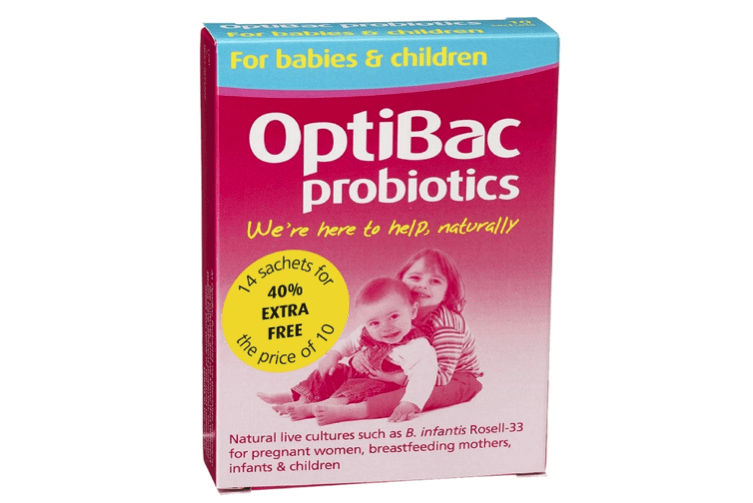
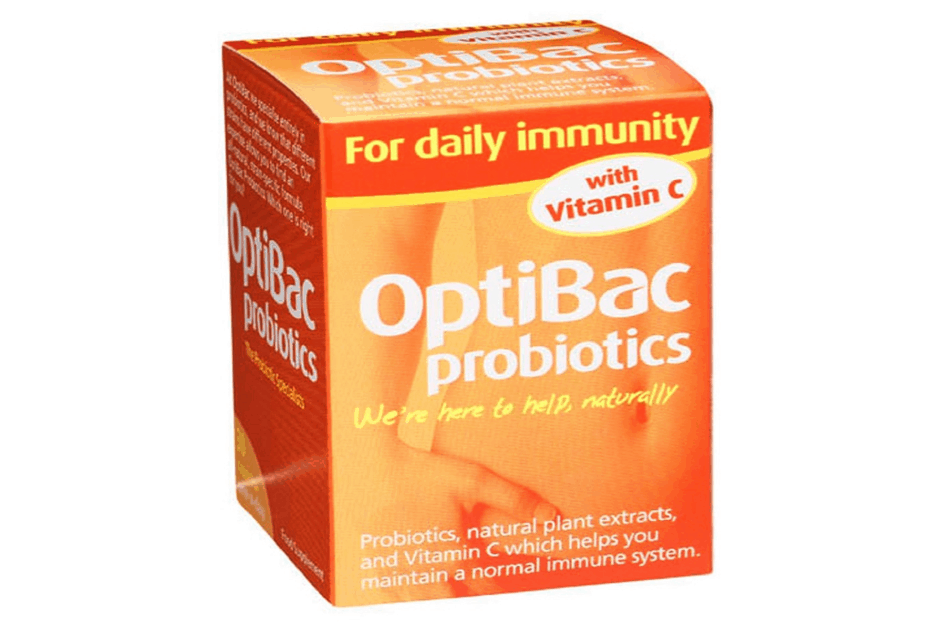
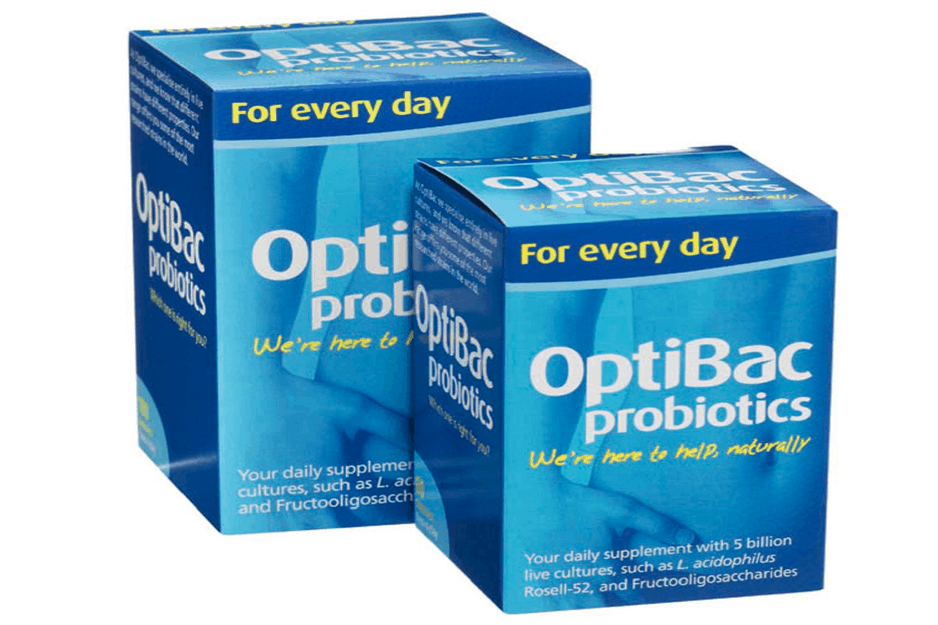
Probiotics For Those Taking Antibiotics
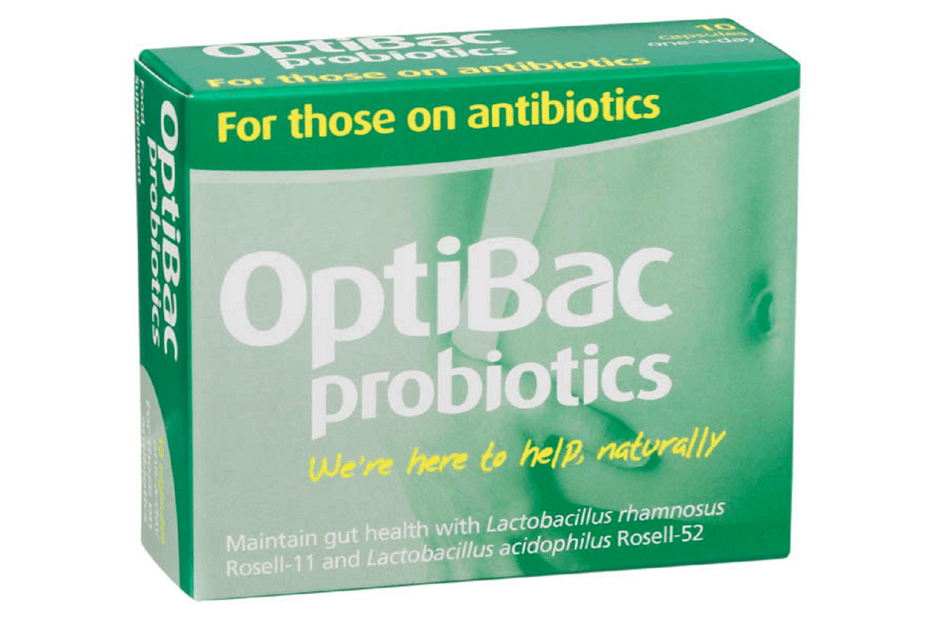
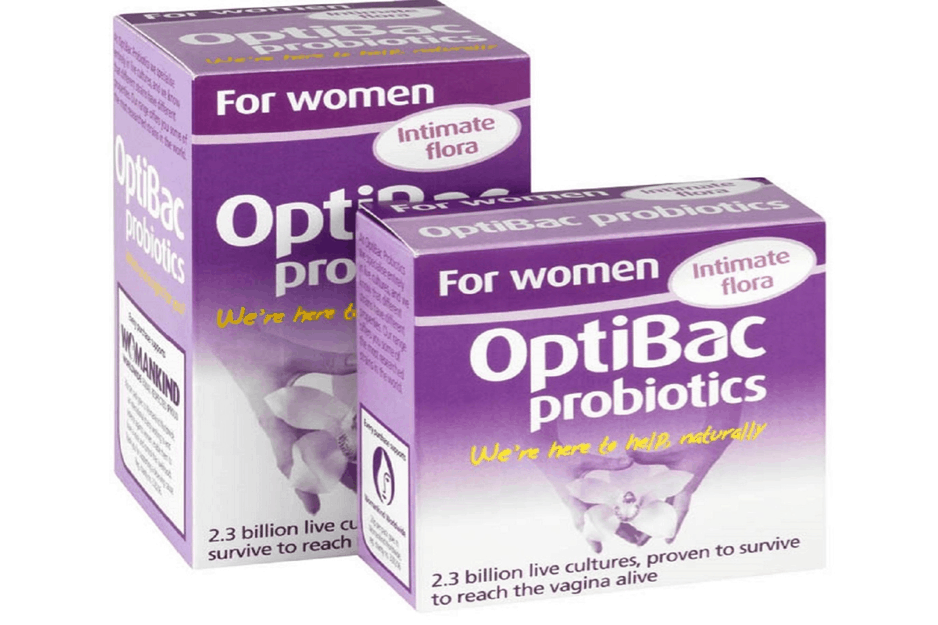
Here is a link to our Full Probiotic/Prebiotic Range.
Having said all this, no supplement can compensate living a healthy lifestyle so look after yourself and your universe of good bacteria.
Nisha is a mum of two girls and a Pharmacist. She has used her knowledge to create a natural health website with her good friend and mum of three boys, Preet. She is passionate about health and wellbeing and about bringing about the same vision she saw for her own family; safe natural health products which focus on prevention rather than treatment, nutritious and delicious health food, skincare products containing simple, therapeutic ingredients and pure home care products.
She has co-created Natural Health Star, which brings all of this as well as unique information from a fantastic community of health practitioners as well as delicious healthy recipes.
You can also find Nisha over on Facebook & Twitter
Feature image courtesy of Wellcome Images.
***
If your child believes in Father Christmas and you want to keep the magic for as long as possible, Elfie’s Christmas Letters (advent letters) and our North Pole Christmas Letters are absolutely perfect.

Come and join us on Facebook and over on Christmas Traditions & Magic For Children. The Shop is ready for Christmas 2015 – don’t forget to order Elfie’s Christmas Letters before the end of November and the North Pole Christmas Letters by the 14th December!
To receive our blog posts, please sign up at the right hand side of this page or for Product or Christmas News and promotions from the International Elf Service, please sign up at the bottom of the page. This year’s series of ‘Elfie’s Christmas Letters’, ‘North Pole Christmas Letters’, a shorter set of letters from different elves from the North Pole, Elfie’s Birthday Letters and other fun products are in the shop too!



Leave a Reply